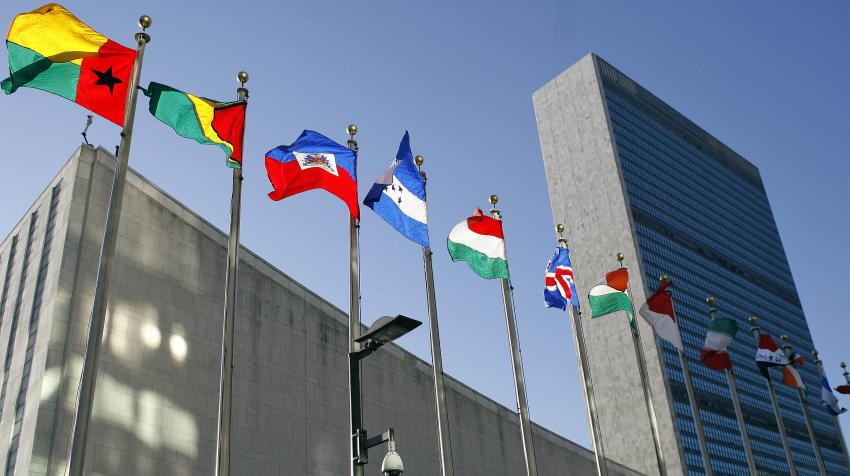Explanation of Vote on a draft resolution regarding the International Residual Mechanism for Criminal Tribunals, contained in document S/2020/579
The Russian delegation has consistently abstained during the adoption of resolutions about the extension of work of the Residual Mechanism for another two-year period as an outcome of a review of its work by the Security Council.
The reason is the unsatisfactory work of this body, which still does not allow the Council to proceed with its legal closure.
One of the major problems that our delegation has referred to on numerous occasions is the absence of a judicial planning system. Unfortunately, the Residual Mechanism inherited this flaw from other criminal tribunals created by the Security Council.
There is a separate provision regarding this matter in the resolution. The Residual Mechanism must produce clear and focused projections of completion timelines at the earliest stage possible and adhere thereto in a disciplined manner.
Our country is concerned with the protection of rights of persons detained under the authority of the Mechanism, in particular the quality and timeliness of the medical care provided to them.
We had repeatedly urged the ICTY to conduct a serious inquiry into Ratko Mladić’s treatment and, if it was beyond the prison doctors’ capabilities, to temporarily release him for treatment in Russia with our comprehensive guarantees. The Tribunal cynically refused to grant the motion of the accused’s lawyers. Serbia’s guarantees were also rejected. The ICTY is no longer in existence, but the problem persists. The Members of the Security Council are well aware of it since the issue has been brought to their attention. For several months we are witnessing their struggle with the administration of the UN penitentiary institution in order to ensure appropriate medical care to the person whose health conditions are rapidly deteriorating.
In this regard a new provision has been included in the resolution, which underlines the importance of ensuring the rights of persons detained under the authority of the Mechanism, including those related to healthcare.
We expect the Mechanism to fulfill this provision and also expect the OIOS to monitor its implementation and we are looking forward to receiving information on its implementation in its next report on the work of the Mechanism.
